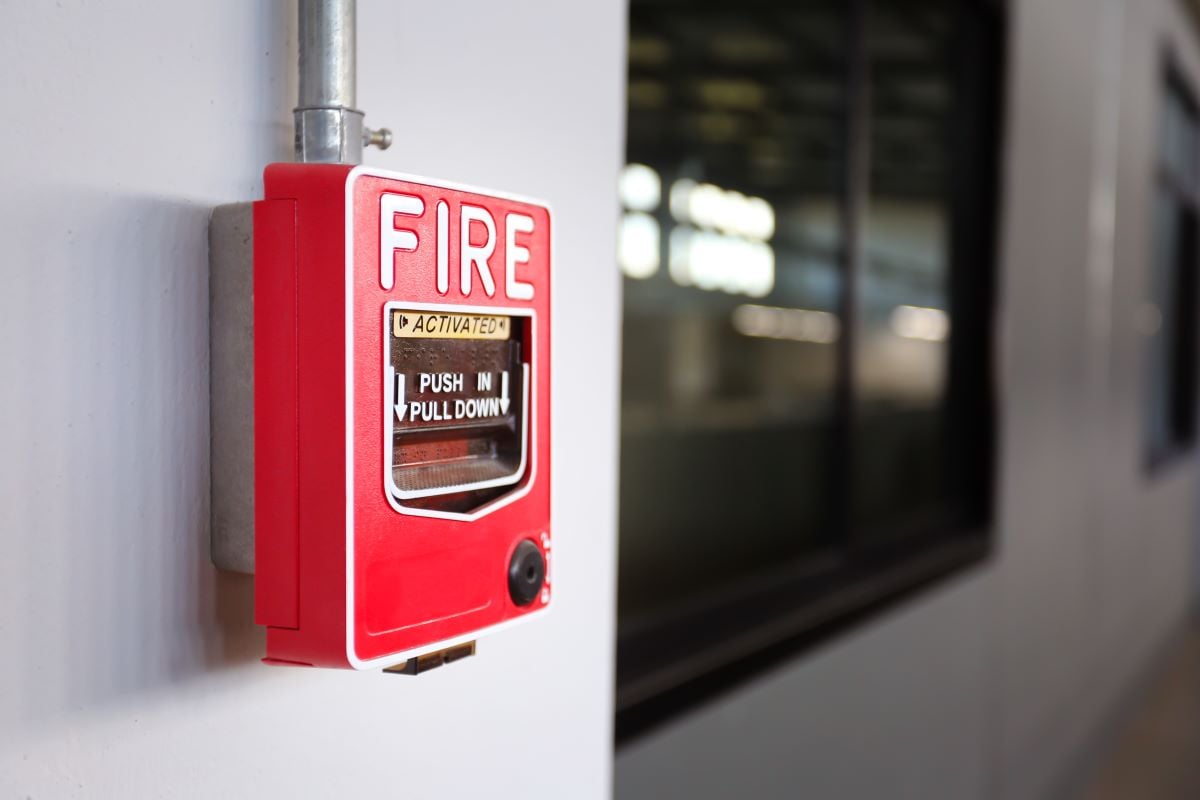
NFPA 72, National Fire Alarm and Signaling Code, is a widely recognized standard developed and published by the National Fire Protection Association (NFPA) for the design, installation, inspection, testing, and maintenance of fire alarm systems. This code provides the minimum requirements for fire alarm systems, including their components and accessories, in order to protect life and property from fire and other hazards.
The code covers all types of buildings, including but not limited to assembly occupancies, business occupancies, daycare facilities, educational occupancies, health care occupancies, residential occupancies, and high-rise buildings. The standard is updated every three years to reflect the latest research and best practices in fire safety.
In summary, NFPA 72, National Fire Alarm and Signaling Code is a comprehensive guide for fire safety professionals and building owners on designing, installing, inspecting, testing and maintaining fire alarm systems to protect lives and properties from fire hazards.
Contact Koorsen Fire & Security for NFPA 72 Code Compliance
If you have further questions about NFPA 72 or you want to make sure that your business is compliant with local and state codes and regulations regarding fire alarm systems, contact Koorsen Fire & Security today. From design to installation to testing and repairs, Koorsen has over 75 years of experience in the fire protection business and is ready to help protect your business.
NFPA 72 FAQs
Q: What is the purpose of NFPA 72, National Fire Alarm and Signaling Code?
A: The purpose of NFPA 72, National Fire Alarm and Signaling Code is to provide minimum requirements for the design, installation, inspection, testing, and maintenance of fire alarm systems in order to protect life and property from fire and other hazards.
Q: What types of buildings are covered by NFPA 72, National Fire Alarm and Signaling Code?
A: NFPA 72, National Fire Alarm and Signaling Code applies to all types of buildings, including but not limited to assembly occupancies, business occupancies, daycare facilities, educational occupancies, health care occupancies, residential occupancies, and high-rise buildings.
Q: How often is NFPA 72, National Fire Alarm and Signaling Code updated?
A: NFPA 72, National Fire Alarm and Signaling Code is updated every three years. The updates are made to reflect the latest research and best practices in fire safety.
Q: What are some of the key requirements of NFPA 72, National Fire Alarm and Signaling Code?
A: Some of the key requirements of NFPA 72, National Fire Alarm and Signaling Code include: providing fire alarm systems that are designed, installed, inspected, tested, and maintained to meet the code's standards, providing fire alarm control units that are designed and installed to detect fires and initiate an alarm signal, providing manual fire alarm boxes, smoke detectors, heat detectors, and other fire alarm initiating devices.
It's important to note that compliance with NFPA 72, National Fire Alarm and Signaling Code is not mandatory; it is used as a basis for insurance, building and fire code enforcement, and is used as a reference for fire safety professionals. Contact your local AHJ or Koorsen Fire & Security to understand your building and fire codes.


